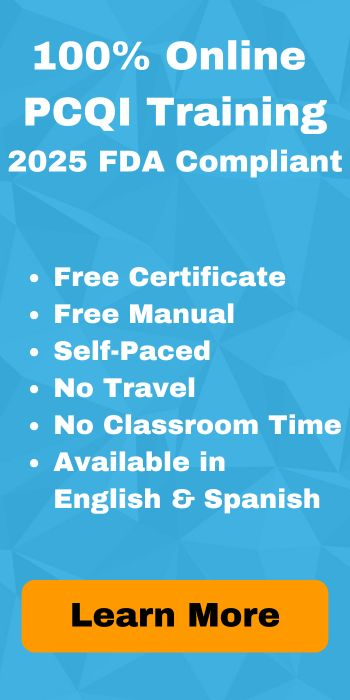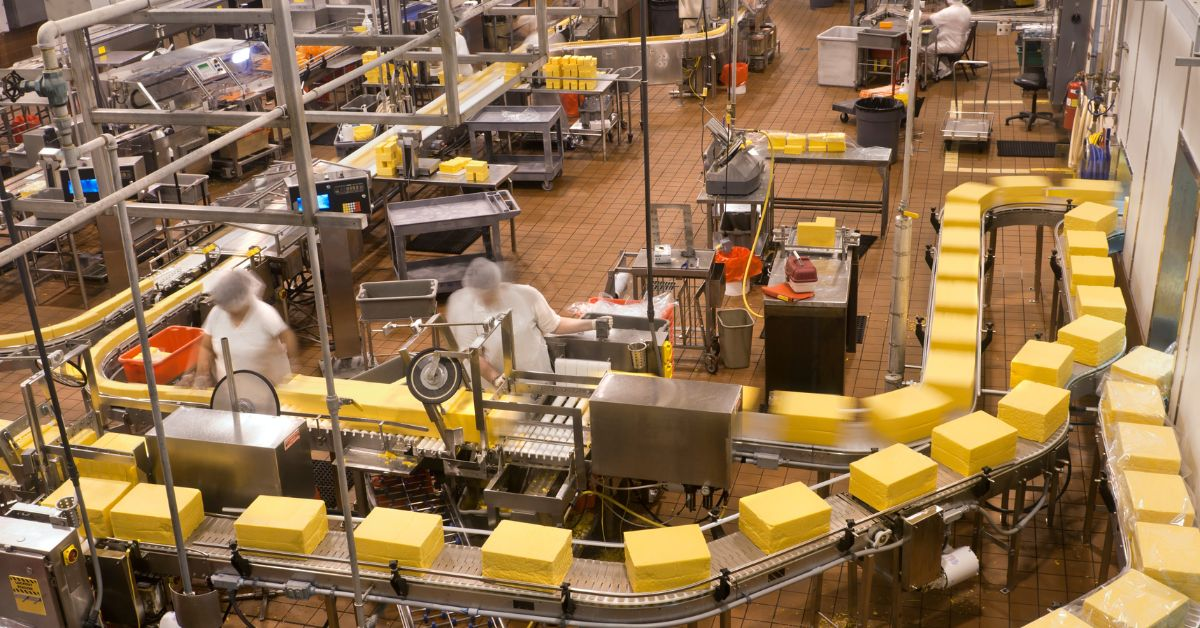This interview is the first in a series with food safety experts talking about current issues facing food manufacturers. Trish Wester is the executive industry editor for Food Quality and Safety magazine and founder of the Association for Food Safety Auditing Professionals. The interview focuses on food safety training and has been edited for clarity and brevity.
ImEPIK: As we enter the third year of the coronavirus and its deviants, are companies adopting long-term plans for employee safety during pandemics or other health crises? Should they be doing so?
 TW: I think they should if they haven’t already. I think it caught a huge segment unprepared. However, it isn’t something that would get measured. It’s not in an audit; it’s not even in a traditional inspection right now. So any of it being done is being done on a voluntary basis. Particularly in the meat industry, they got hit really hard.
TW: I think they should if they haven’t already. I think it caught a huge segment unprepared. However, it isn’t something that would get measured. It’s not in an audit; it’s not even in a traditional inspection right now. So any of it being done is being done on a voluntary basis. Particularly in the meat industry, they got hit really hard.
ImEPIK: The FDA and CDC have both said there’s no evidence of it transferring from humans to food or packaging to food and then to the end consumer, so the virus isn’t a food safety issue per se.
TW: I think, and this is strictly my opinion: I think the jury’s still out on that. I think a pork chop would look completely OK to a virus if it needed a ride somewhere. Certainly, I understand FDA’s position early on. You don’t want to panic people into not eating. But there was a study that showed it would survive on a regular surface like stainless steel or something like that — it could last up to 72 hours. That tells me, like any living organism, it will survive. It might not be happy, healthy, or robust, but it will survive.
That’s why I say I think the jury is still out as food is a vector. But we certainly did not see transmission from surface to human as a major vehicle in any of this. That may have been the case in this particular one, but the next one might be different. I don’t think we can arbitrarily say we don’t need to worry about food as a vector.
ImEPIK: What do you see as the most important food safety challenges for 2022?
I think they’re going to be different, depending on the sector, but they are all going to relate to one thing – lack of trained personnel. We’ve got just as much burnout as any industry, and these are frontline workers. The same people who are dealing with food safety also had to absorb all the COVID prep and all that management. I think there’s burnout and fatigue and a lack of personnel that might trigger a problem – depending on the food. I can’t say it’s just one thing that’s going to fail, but within each sector, because you’ve got people who are working like that, they’re going to be more prone to failure.
What are some of the common concerns that food manufacturers have when they’re making food safety plans?
TW: I realize the law (Food Safety Modernization Act) was signed ten years ago. The problem is that the regulations that implemented the law didn’t come out until 2015. And then, based on facility size, you still had three more years before the smaller facilities had to comply. So we’re up to 2018. And then that was only for the seven foundational rules, the primaries. So it is tough to say where FSMA is right now. But what we do know is this: in the first FDA inspections, they saw that most people missed one or more hazards when they did their food safety plan. They didn’t know they had the hazard, and they certainly didn’t know they needed to control it. This is where food safety training comes in. One of the unique things about FSMA is that you, the producer, have to be responsible for your own supply chain. So not only do you have to know what your hazards are, but you have to have some insight into your supplier’s hazards.
This is an industry that trains mostly by institutional memory. You might make pizza, but if you haven’t made cheese before, you don’t know what those hazards are. It’s kind of this siloed information about hazards and understanding the overall effect of hazards on your product.
ImEPIK: With the FSMA regulations, are we turning the corner on that process? Are food companies better at looking at their facilities and identifying what could be a hazard?
It’s certainly raised awareness, and they are expanding their approach to addressing those things. But it will be a slow arc, not a steep curve. One thing I would be concerned with right now is the two-year period (2020-21) with limited oversight. How much did we slip in the day-to-day crunch of just getting employees in, making sure they’re not sick, or getting sick or were sick? What little corners got cut that we have to go back and tighten up?
It’s human nature. Some things weren’t done, and if they aren’t done for a long enough period, it becomes a pattern. When auditors and inspectors have been gone a long time and moved out of the oversight for a long time, you really have to go back to fundamental food safety training and say, ‘Are they doing the basics?
ImEPIK: Is there any advice you’d give executives on how to foster a culture of food safety throughout their companies.
This one’s a big one for me. I’ve written a couple books and manuals, and I always go back to this one thing, and that is you have to empower people on the line. They are your eyes and ears, or better put, your eyes and nose. You can smell bad food and see it, or you can see an event. Any food safety training needs to make employees feel like they’re empowered to stop things and make a change. More importantly, you have to set that example because if they raise an issue and they don’t see management respond, it takes forever to undo that. That’s the worst thing that can happen, for them to feel like they went that extra step and raised the issue, and some supervisor swept it under the rug.
***
ImEPIK’s courses help companies prepare for all aspects of food safety. Train your entire team also just got easier with the launch of our PCQI course for Spanish speakers. Contact ImEPIK for more information on how we can help you train new employees quickly and ensure your facility is “recall ready.”







